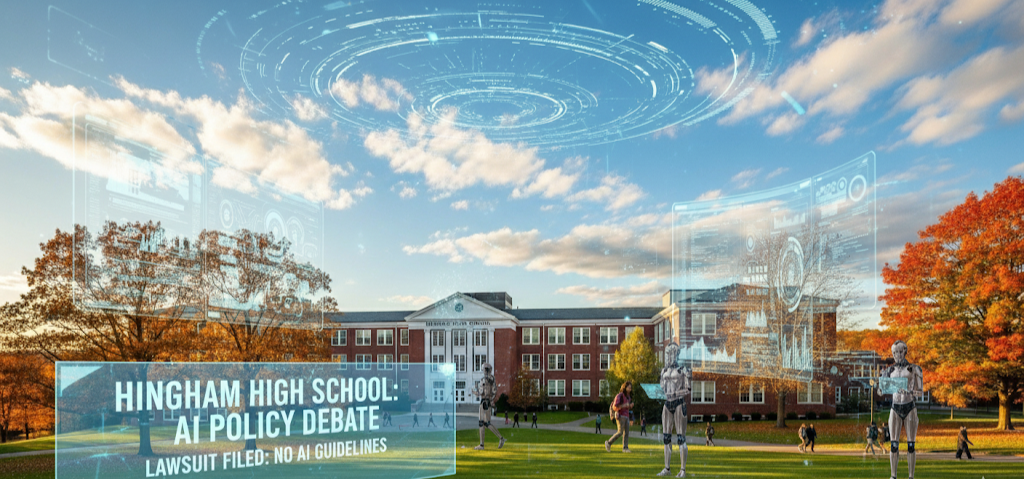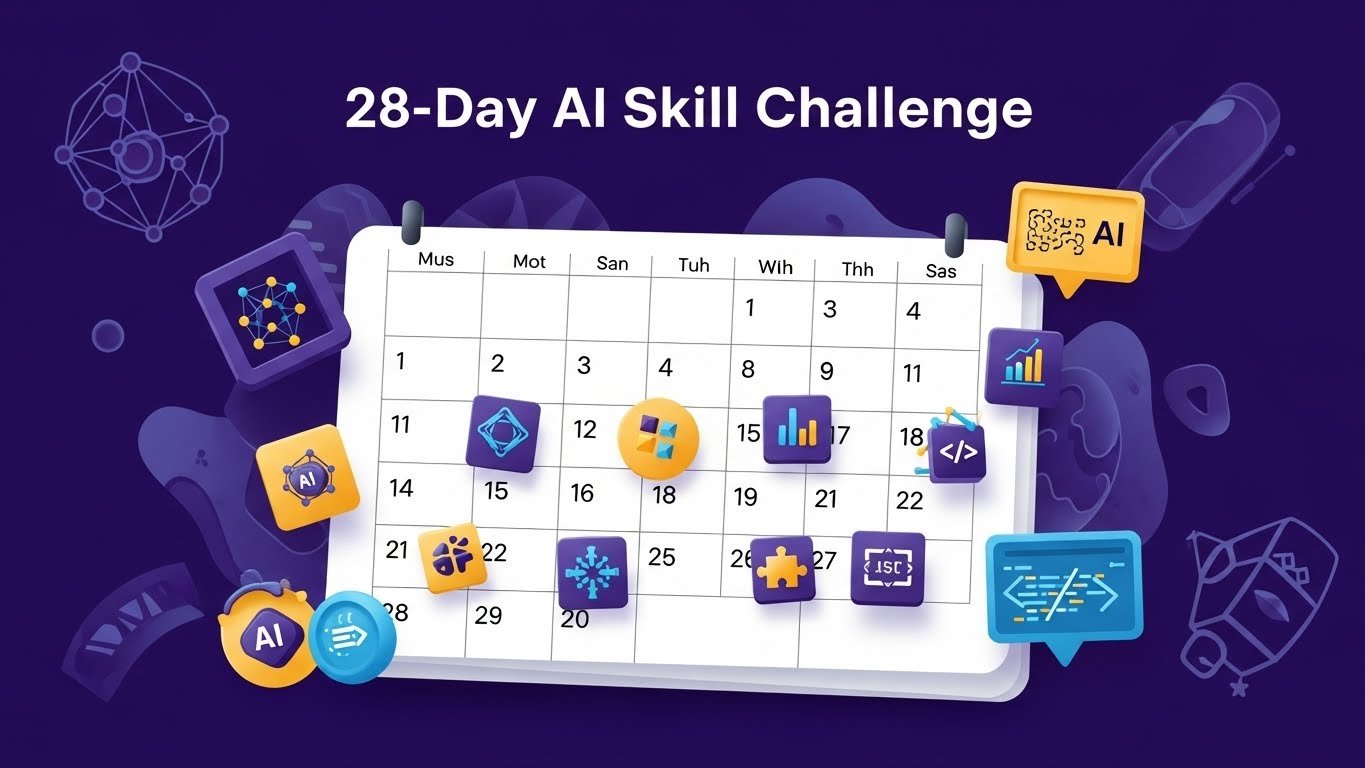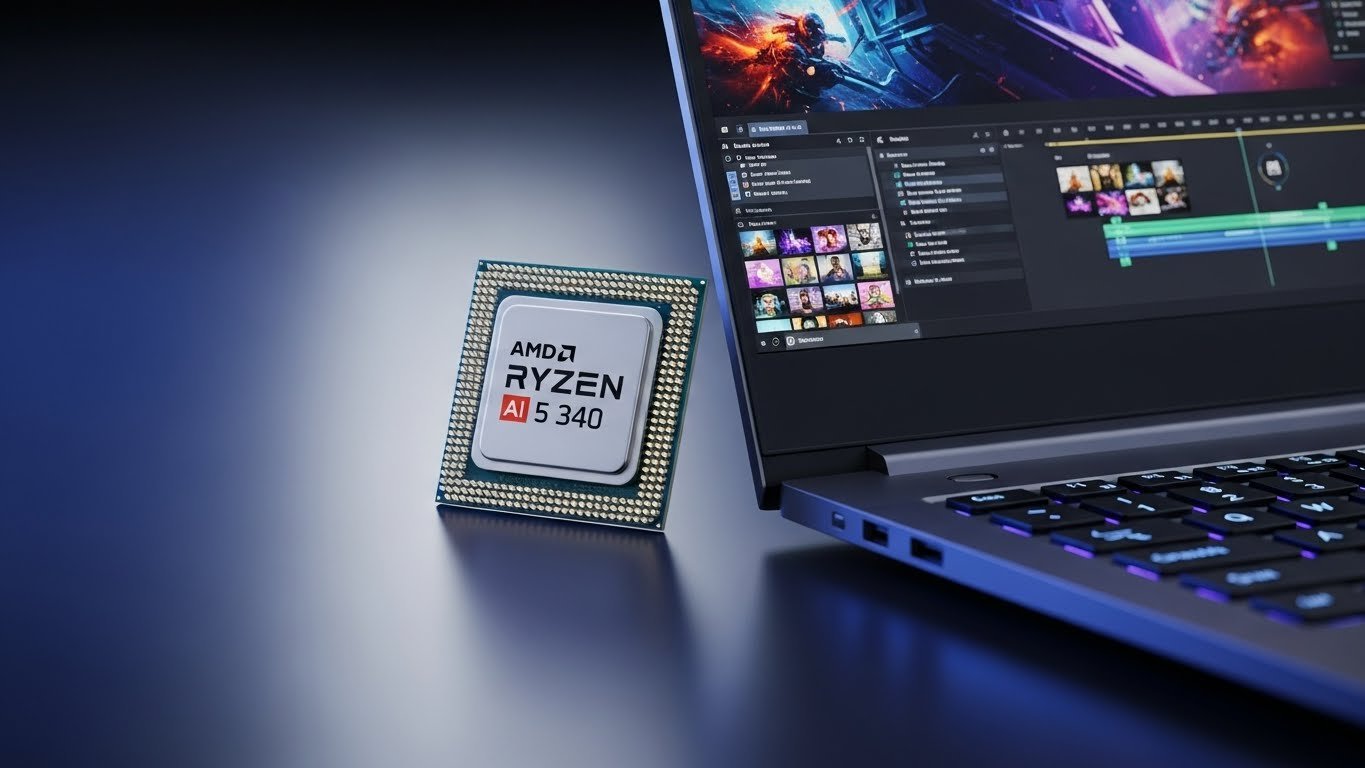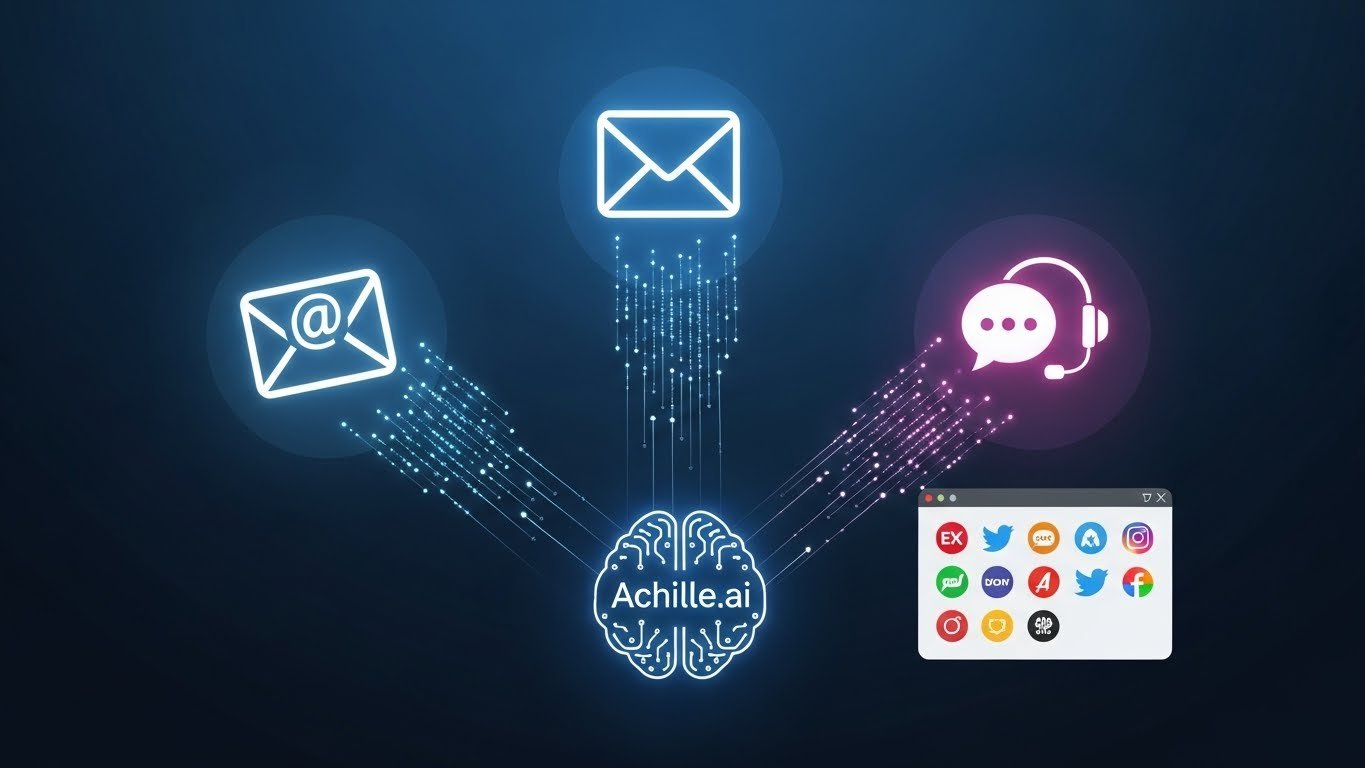The Hingham High School AI lawsuit no AI policy case has become a watershed moment in American education, highlighting the urgent need for schools to establish clear artificial intelligence guidelines. When a Massachusetts high school student was disciplined for using AI on a school project in late 2023, it sparked the first major legal challenge of its kind—one that would ultimately reshape how schools approach AI policies nationwide.
This groundbreaking case demonstrates why educational institutions can no longer afford to operate without explicit AI policies. As artificial intelligence tools become increasingly accessible to students, the Hingham High School controversy serves as both a cautionary tale and a roadmap for educators navigating this new technological landscape.
Background: What Happened at Hingham High School?
In December 2023, two students at Hingham High School in Massachusetts found themselves at the center of what would become a landmark legal case. The students, working on an Advanced Placement (AP) US History assignment, decided to use artificial intelligence tools to help complete their project—a decision that would have far-reaching consequences.
The assignment required students to research and write about historical topics, but the students took a shortcut by using AI to generate content, which they then copied and presented as their own work. Compounding the problem, the AI tool created fake source citations—a phenomenon known as “hallucination” in AI terminology—which the students included in their final submission.
The Discovery
When school officials discovered the AI-generated content and fabricated sources, they immediately launched an investigation. The school determined that the students had violated academic integrity policies by presenting AI-generated work as their own original research and analysis.
The School’s Response and Disciplinary Action
Hingham High School’s administration took swift action once they identified the AI use. The disciplinary measures included:
-
Academic penalties: The student received a failing grade of 65 out of 100 on two components of the project
-
Detention: Saturday detention was assigned as additional punishment
-
Honor Society exclusion: Initially, the student was barred from joining the National Honor Society
The Policy Gap Problem
Here’s where the Hingham High School AI lawsuit no AI policy case becomes particularly significant: the school had no specific AI policy in place during the 2023-24 academic year when the incident occurred. The school’s student handbook contained traditional academic dishonesty policies but made no explicit mention of artificial intelligence tools or their prohibited use.
The Legal Battle Begins
Frustrated by what they perceived as unfair treatment, the student’s parents filed a federal lawsuit against the school district. Their legal argument centered on a crucial point: how can a school punish a student for violating a policy that doesn’t exist?
Parents’ Key Arguments
The lawsuit raised several compelling arguments:
-
Absence of explicit AI policy: The school handbook contained no specific prohibition against AI use
-
Unclear assignment instructions: The project guidelines never mentioned AI or explicitly prohibited its use
-
Civil rights violations: The parents argued that the punishment violated their son’s constitutional rights
-
Educational damage: They claimed the discipline would harm their son’s college prospects and future opportunities
School District’s Defense
The school district defended its actions by pointing to existing policies that they argued covered the situation:
-
Academic dishonesty policies: Traditional plagiarism rules that prohibit presenting others’ work as one’s own
-
Technology misuse policies: General provisions about “unauthorized use of technology during assessments”
-
Academic integrity standards: Broader expectations about honest academic work
The Court’s Decision: School Wins Legal Challenge
In November 2024, a federal judge ruled in favor of Hingham High School, rejecting the family’s request for a preliminary injunction. The court upheld the school’s disciplinary actions, determining that existing academic integrity policies were sufficient to address the AI misuse.
Key Factors in the Court’s Reasoning
The judge’s decision considered several important factors:
-
Existing policy framework: The court found that traditional academic dishonesty policies adequately covered the student’s actions
-
Clear academic misconduct: Using AI-generated content and fake citations constituted obvious academic dishonesty
-
Reasonable school response: The disciplinary measures were deemed appropriate and proportionate
Why This Case Matters: Implications for Education
The Hingham High School AI lawsuit no AI policy case has created ripple effects throughout the education sector, influencing how schools nationwide approach AI policies and student discipline.
Immediate Changes at Hingham High School
Following the lawsuit, Hingham High School took decisive action:
-
Updated handbook: The school revised its student handbook to include specific AI policies
-
Clear guidelines: New policies explicitly address when and how AI tools may or may not be used
-
Teacher training: Staff received guidance on identifying and addressing AI use in student work
Broader Educational Impact
This case has influenced schools across the country in several ways:
-
Policy development: Many districts are now creating comprehensive AI policies
-
Legal precedent: The court’s ruling provides guidance for future similar cases
-
Administrative awareness: School leaders now understand the legal risks of operating without AI policies
-
Student education: Schools are implementing programs to teach appropriate AI use
Lessons Learned: Best Practices for Schools
The Hingham case offers valuable insights for educational institutions seeking to navigate the AI era effectively.
Essential Elements of Effective AI Policies
Based on this case, schools should ensure their AI policies include:
-
Clear definitions: Specific descriptions of what constitutes AI use
-
Permitted uses: Explicit guidelines on when AI tools may be used
-
Prohibited activities: Clear boundaries on unacceptable AI applications
-
Consequences: Detailed disciplinary procedures for policy violations
-
Regular updates: Mechanisms for keeping policies current with technology
Communication Strategies
Schools must also focus on:
-
Student education: Teaching students about academic integrity in the AI age
-
Parent communication: Ensuring families understand AI policies and expectations
-
Teacher training: Preparing educators to identify and address AI use
-
Assignment clarity: Making expectations explicit in project instructions
The Student’s Outcome: A Partial Resolution
While the court ruled against the family’s legal challenge, the student did achieve some positive outcomes:
-
Honor Society admission: He was eventually allowed to reapply and was inducted into the National Honor Society on October 15, 2024
-
Educational opportunity: The case sparked important conversations about AI in education
-
Policy improvements: His experience led to better policies that will benefit future students
Future Implications: AI in Education Moving Forward
The Hingham High School AI lawsuit no AI policy case represents just the beginning of legal and educational challenges surrounding artificial intelligence in schools.
Emerging Trends
Educational institutions are now grappling with:
-
AI detection tools: Schools are investing in technology to identify AI-generated content
-
Pedagogical changes: Teachers are adapting assignments to account for AI capabilities
-
Digital literacy: Students need education about responsible AI use
-
Legal frameworks: More cases will likely emerge as AI becomes more prevalent
Recommendations for Stakeholders
For Schools:
-
Develop comprehensive AI policies immediately
-
Train staff on AI detection and response
-
Create clear communication channels with students and parents
-
Regularly review and update policies as technology evolves
For Students:
-
Understand your school’s AI policies completely
-
Ask questions when guidelines are unclear
-
Use AI tools responsibly and transparently
-
Focus on developing genuine skills and knowledge
For Parents:
-
Stay informed about your child’s school AI policies
-
Discuss responsible technology use at home
-
Support your child’s academic integrity
-
Communicate with schools when policies are unclear
Conclusion
The Hingham High School AI lawsuit no AI policy case serves as a crucial wake-up call for educational institutions nationwide. While the court ultimately sided with the school, this case demonstrates the critical importance of having clear, comprehensive AI policies in place before disciplinary situations arise.
As artificial intelligence continues to reshape education, schools must proactively address these challenges rather than reactively respond to them. The Hingham case shows that while existing academic integrity policies may provide some protection, explicit AI guidelines are essential for clarity, fairness, and legal security.
This landmark case will undoubtedly influence educational policy for years to come, serving as both a cautionary tale and a valuable learning opportunity. For schools still operating without AI policies, the message is clear: the time to act is now, before your institution becomes the subject of the next major legal challenge.
FAQ
Q1: What exactly did the Hingham High School student do wrong?
A: The student used AI tools to generate content for an AP History project, then presented that AI-generated work as his own original research. Additionally, the AI created fake source citations that the student included in his submission, which constituted academic dishonesty.
Q3: Why did the parents think they had a case against the school?
A: The parents argued that Hingham High School had no specific AI policy in place when their son was disciplined, and the assignment instructions never explicitly prohibited AI use. They believed it was unfair to punish their son for violating a non-existent policy.
Q4: What was the final outcome of the lawsuit?
A: In November 2024, a federal judge ruled in favor of the school district, determining that existing academic integrity policies were sufficient to address the AI misuse. The student’s grades and disciplinary record remained unchanged, though he was later admitted to the National Honor Society.
Q5: Did Hingham High School change its policies after this incident?
A: Yes, following the lawsuit, Hingham High School updated its student handbook to include specific AI policies that clearly outline when and how artificial intelligence tools may be used by students.
Q5: What should other schools learn from this case?
A: Schools should develop comprehensive AI policies immediately, clearly communicate these policies to students and parents, train staff on AI detection and response, and ensure assignment instructions explicitly address AI use expectations.
Q6: Is this the first case of its kind?
A: Yes, the Hingham High School case is considered one of the first major legal challenges involving student AI use and school discipline, making it a significant precedent for future similar situations.








Leave a Reply